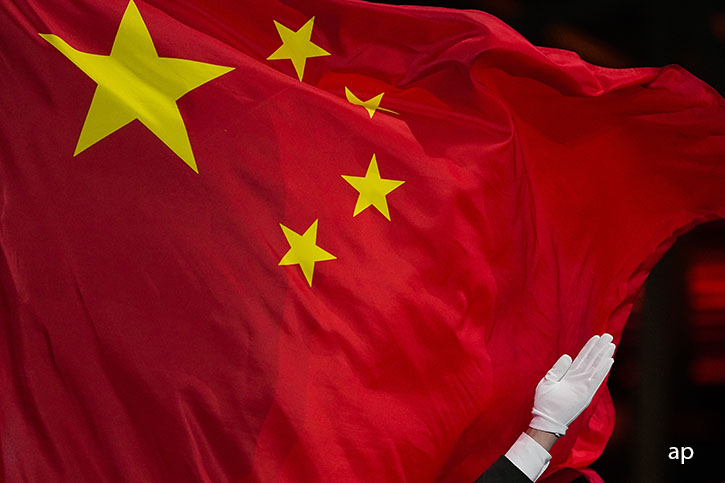Ollie Smith: Now, fund turnover might not be a concept that gets you particularly excited, but it's an important one nonetheless, and it's also the subject of a major report by Morningstar. Here to tell me more is Matias Möttölä, an associate director in our Manager Research team.
Matias, thanks for joining me. Could you just tell me a little bit more, first of all, on the basics about why fund turnover is important?
Matias Möttölä: Yeah. So, we at Morningstar really think that funds should be considered as long-term investments. And the simple reason is that when you go out there to look for a fund into your portfolio, you spend time and energy researching, doing due diligence. And if this fund then in just a couple of years is closed or merged, you need to do everything again. So, that's a practical reason. And when we look at really the top firms in this industry also based on this study, we see that they are very thoughtful when they come out with new products to be sure that those products are viable and have a long lifespan, so therefore, they don't need to be closed.
OS: Sure. Geographically, seeing quite a lot of variation across the world in terms of fund turnover. Could you just go into some of the details there?
MM: Yeah, the report really reveals some interesting and quite drastic differences. So, in the developed fund markets, especially U.S., then U.K., some of the others, the numbers are fairly similar. So, we see something like 10% to 12% of the fund lineup in that market change each year. The number of funds keeps growing a bit, but not that much. Whereas then in some growing markets, especially China, the number of funds in the market keeps growing by some 20% a year, and so, you see a very large turnover. Some other markets where this turnover was very large also on the side of mergers and closures were South Korea and Thailand.
OS: Okay. And within Europe, specifically, there are lots of changes going on at the moment, aren't there?
MM: Yeah. So, Europe is an interesting market. So, here, of course, the funds domiciled in each of the different countries, they often have a long history. And so, there are some markets like France and Belgium where we're seeing asset managers move more their funds into Luxembourg, for example, and closing more funds than launching new ones that will be domiciled in those countries. And then Luxembourg and Ireland, those are the fund hubs for European and Asian investors, and there, we see higher turnovers, and this is really because many asset managers, as mentioned, go there to kind of try their luck and many then fail to some degree, and so, therefore, there's more turnover.
OS: Sure. And just finally, we're always keeping an eye on active versus passive, aren't we, with our barometer? But what are the key differences with active and passive funds?
MM: Yeah. So, active funds have been there longer, and they are a space where you continue to see new funds coming in, but then old funds being closed out, whereas on the passive side, it's really more of a growing market. And so, providers, of course, see that investors are interested in new passive products and so they are opening products into investing in new markets that may previously been only the realm of active managers, whereas on the side of obsoletions, that happens less as again these are newer products, and the interest is still growing.
OS: Sure. Matias, thank you very, very much indeed. For more on manager research and indeed all our other editorial content, check out Morningstar.co.uk. Until next time, I've been Ollie Smith for Morningstar.











:quality(80)/cloudfront-us-east-1.images.arcpublishing.com/morningstar/347BSP2KJNBCLKVD7DGXSFLDLU.jpg)
















